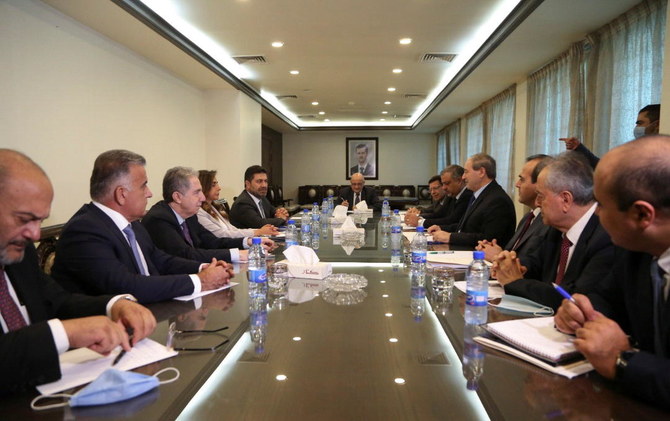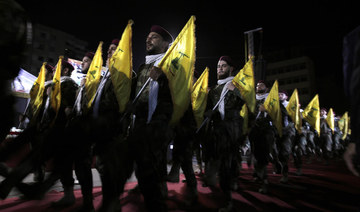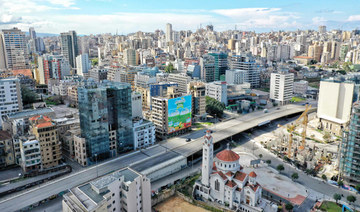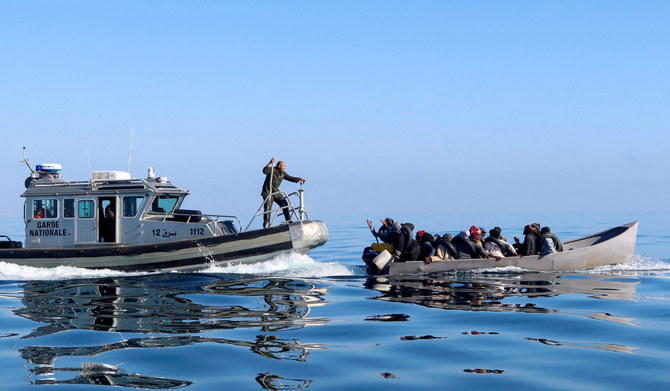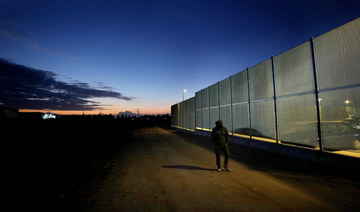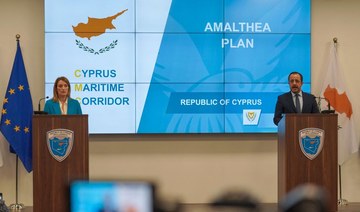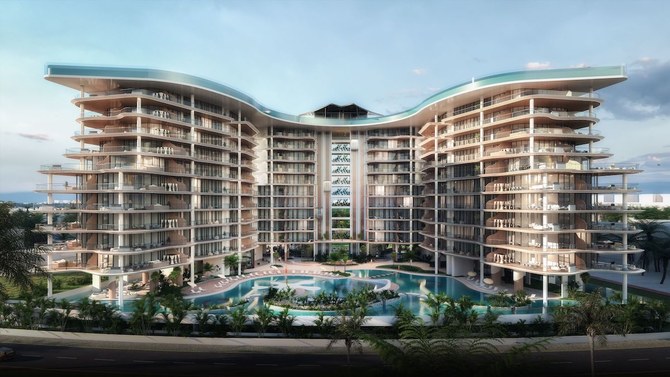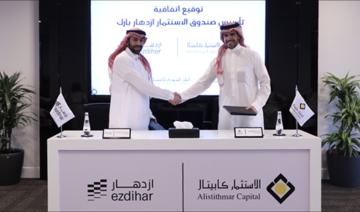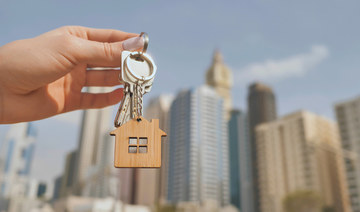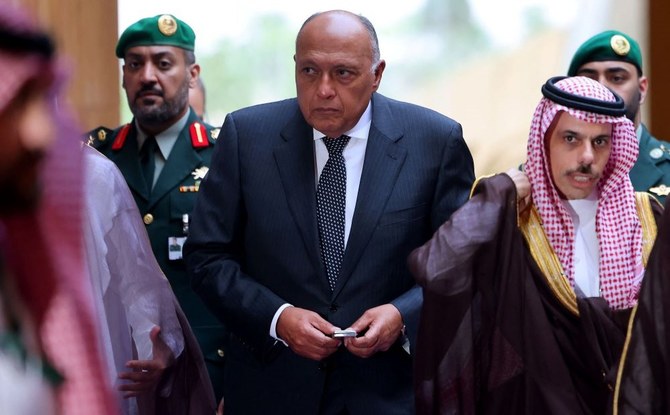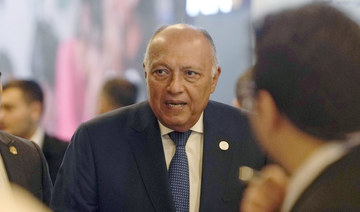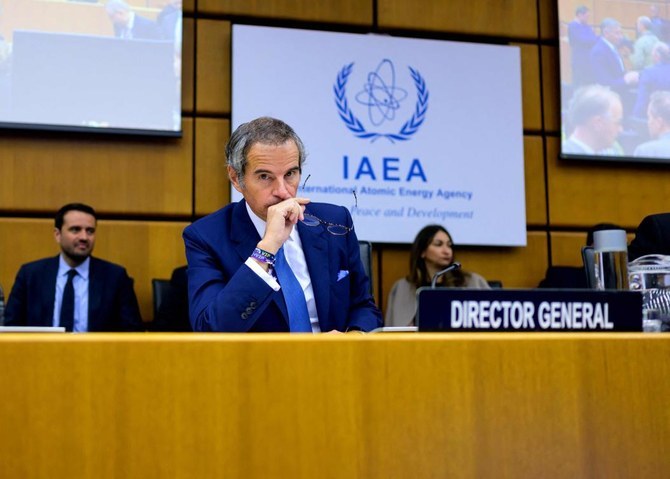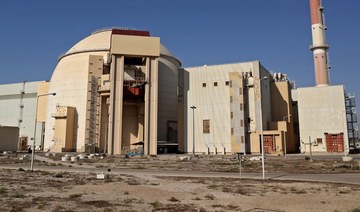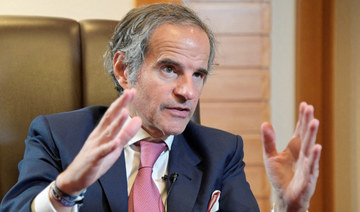DAMASCUS: A Lebanese ministerial delegation arrived in Damascus on Saturday to discuss importing electricity and natural gas from Jordan and Egypt through Syria.
Some Lebanese news websites said that this visit relaunched “the era of official normalization with the Syrian regime.”
The visit came more than two weeks after the US ambassador to Lebanon, Dorothy Shea, informed the Lebanese presidency of the administration’s “approval to help the country obtain electricity by facilitating the transfer of Egyptian natural gas through Jordan and Syria to northern Lebanon.”
This implies the US has agreed to exempt Lebanon from the international sanctions imposed on Syria, which prohibit any financial or commercial transaction with it.
Lebanese officials have not held such talks with Syria in a decade.
Ministers and figures representing parties allied to Damascus have visited Syria in recent years, mostly in a personal capacity, without being assigned to do so on behalf of the Lebanese government.
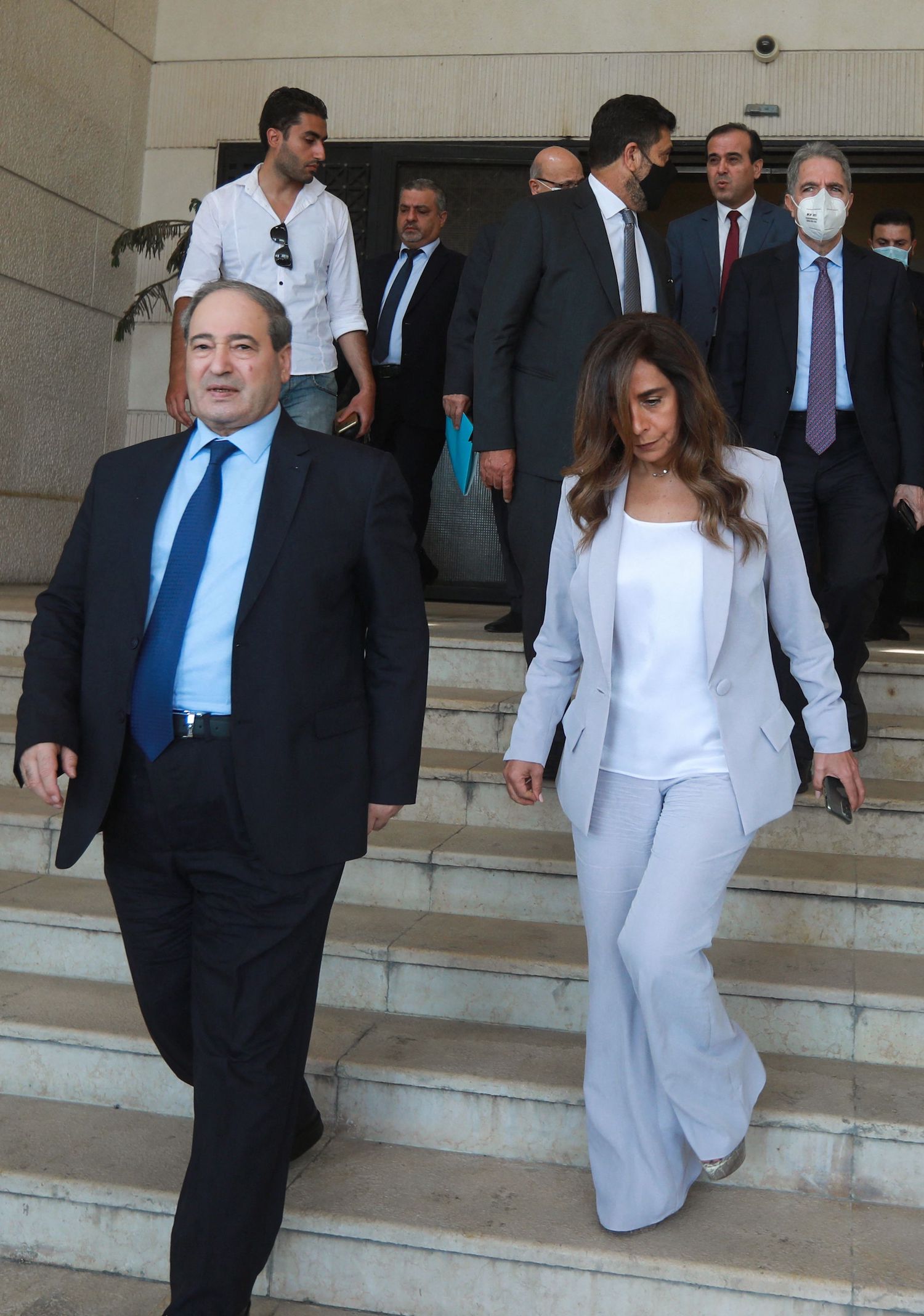
Syrian Foreign Minister Faisal Miqdad and his Lebanese counterpart Zeina Akar leave a press conference following a meeting in the capital Damascus on September 4, 2021. (AFP)
The delegation included Deputy Prime Minister Zeina Akar, Energy Minister Raymond Ghajar, Finance Minister Ghazi Wazni and the director-general of Lebanese General Security Maj. Gen. Abbas Ibrahim.
Lebanon is experiencing a fuel crisis that is affecting various sectors, including healthcare, retail, and telecommunications.
Electricité du Liban is no longer able to provide an acceptable level of electricity supply to all regions, leading to rationing hours exceeding 22 hours a day.
Private generators are no longer able to get enough diesel to cover the hours of power outages, as suppliers are either hoarding fuel or only selling it on the black market.
Syrian Foreign Minister Faisal Mekdad greeted the delegation at the Jdeidet Yabous border entry point, saying: “Syria is positive about this meeting. It welcomes any initiative and will not stand in the way of any agreement that serves Lebanon.”
Marc Ayoub, an expert on energy affairs in Lebanon and the Middle East, said the visit was necessary to discuss the technical issues related to the safety of gas pipelines passing through Syria, as well as the safety of the electricity network and the areas it crossed.
“The delegation needs to address the agreements concluded with Syria concerning the energy charges and whether they should be adjusted since the situation is different from what it was before the war,” he told Arab News. “They need to find out whether the charges will be paid in cash or gas. The Lebanese delegation should hold talks with the Egyptian and Jordanian sides next. Things will certainly take time, but if there is a will, the deal may be concluded within two or three months.”
Lebanon is expecting a shipment of fuel from Iran, which local media said was to be delivered at a major Syrian port and transported by land. Hezbollah’s leader has arranged with allies in Tehran to ship the fuel to Lebanon.
“The Iranian ship loaded with diesel that Hezbollah said was coming to Lebanon, along with other ships, stirred this whole issue,” Ayoub added. “If the US now turns a blind eye to dealing with Syria, why did it not do so in previous years?”
Diana Qaisi, an expert in oil affairs, said the Lebanese delegation ought to discuss the demarcation of the maritime borders between the two countries to resolve the dispute over the 750 square kilometers.
“Bringing Iranian ships loaded with fuel to Lebanon will be a very complicated process. There is no clear mechanism for how to distribute the fuel, how to price it, or who will benefit from the collected money,” Qaisi added.
Christina Abu Haidar, a legal expert in the energy field, said the delegation’s visit and discussions in Syria were “very important” from a legal point of view.
“A serious negotiation is required and, if it is achieved, it would be the best option for obtaining sustainable and environmentally clean energy at an acceptable price, which is better than the current band-aid solutions, such as Iraqi oil and the Iranian fuel.”
The Iranian ship is still waiting to pass through the Suez Canal.
Candice Ardell, deputy director of the media office at the United Nations Interim Force In Lebanon, told Lebanon’s National News Agency: “UNIFIL’s role is to communicate with ships approaching Lebanon and refer those with violations or those that need clarification to the Lebanese authorities for inspection. UNIFIL’s role ends there. The Lebanese authorities are ultimately responsible for allowing — or not allowing — any ship to enter Lebanese territorial waters and unload its cargo on Lebanese shores.”



